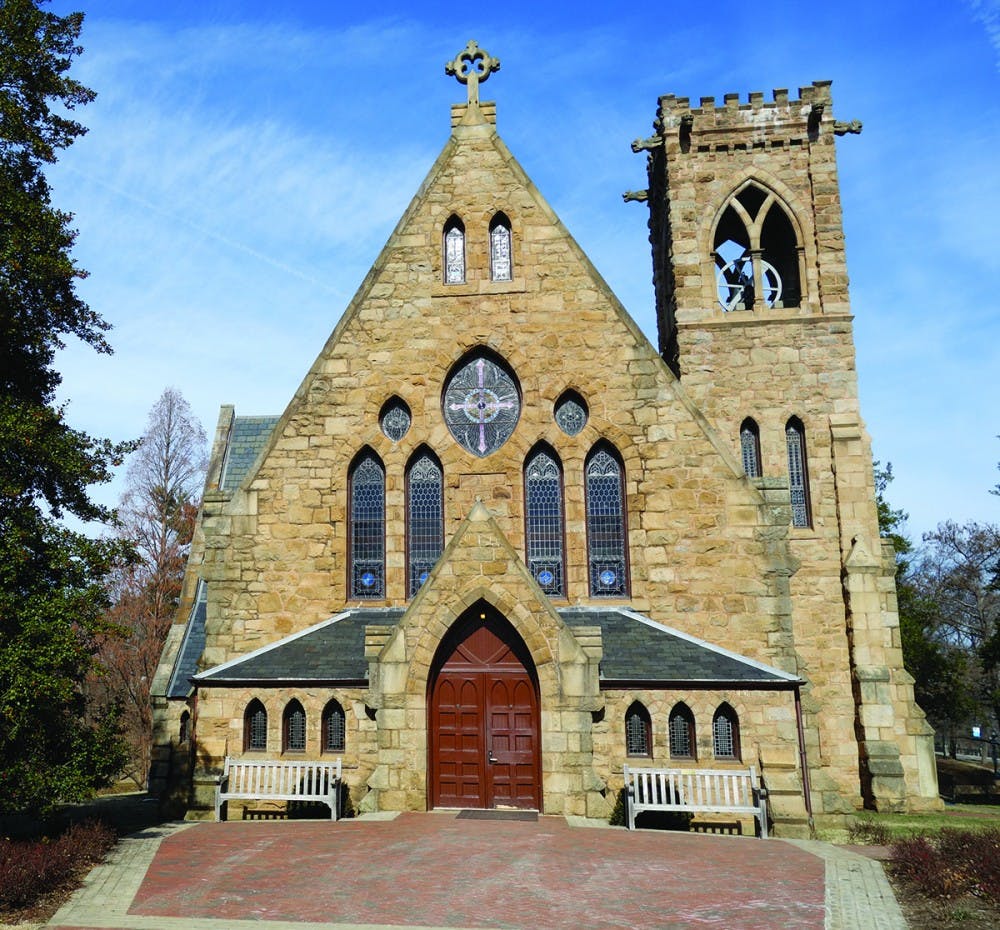At times, students criticize Christian fellowships for racial homogeneity. These critics overlook the fact that fostering a Christian community inherently prioritizes spiritual growth above all else. Spiritual growth is both a congregational and personal experience, so individuals must decide which fellowship group best fits them according to their own standards, not society’s standards. A Christian fellowship is not a representative body. No one votes for its members or expects it to represent the entire Christian population at the University. Every individual connects to God’s Word in different ways, so it is counterproductive for any fellowship to fret over racial diversity.
More often than not, this discussion arises when considering the cultural subsets of InterVarsity Christian Fellowship: OneWay, a black fellowship, and Asian InterVarsity, an Asian / Asian-American fellowship. Critics of these InterVarsity chapters either place culpability on InterVarsity for failing to appeal to racial minorities or on the chapter members for self-segregating. Neither the existence of these chapters nor these points of criticism are unique to the University’s InterVarsity fellowship. In fact, InterVarsity’s national blog posted an article in 2011 on this topic. As the author argues, these ethnic specific chapters do cater to racial minorities — just not in the way one might expect.
For instance, like historically black denominations across the nation, OneWay represents a venerated tradition of black congregations in America. During the Reconstruction Era, newly freed slaves exercised their independence through founding black churches, and fellowships like OneWay keep this legacy alive. InterVarsity much better serves the black Christian community by supporting OneWay’s prosperity than it would if it pressured the chapter into assimilation. Doing so would negate the history behind black churches.
Notwithstanding historical significance, it is perfectly fair that OneWay and AIV members chose a fellowship based on their ethnicity. If they best connect to God when worshipping with others of the same racial background, then it is their right to seek out that type of fellowship. It is not self-segregation — it is a spiritual choice.
The moment we criticize OneWay or Asian InterVarsity for self-segregation is the moment we lose sight of what their existence truly represents. These two fellowships exemplify the variety of Christian fellowships available to the University community. According to @UVA, there are over 25 Christian fellowships on Grounds to choose from.
Personally, I did not decide on a fellowship solely based on my race, and I know for a fact there are other black Christians students like me. I decided to join several fellowships to fulfill my spiritual needs. I attend Reformed University Fellowship’s church home, Trinity Presbyterian on Sundays and participate in two InterVarsity discipleships throughout the week, one with a predominantly white undergraduate chapter and one with the OneWay chapter. As I explored Christian fellowships over the course of last semester, I felt equally welcomed by each one, and the decisions I made were entirely based on the characteristics which matter to me the most. I liken the Christian fellowship process to Rush except you are in total control of your “bid day.”
As we enter the fourth week of Lent, it is important to consider the purpose and value of Christian fellowship on Grounds. Christian fellowships provide a much needed sanctuary where anyone can momentarily escape academics, University student politics, CIOs and other stressful factors of everyday life. As first-year Reformed University Fellowship member Sam Powers wrote to me, Christian fellowship is “freeing especially within such a high-pressure University. I am constantly reminded that I have a broader purpose and value beyond the [University] bubble.”
These communities teach students how to set aside and appreciate differences as they develop a compassionate congregation. They allow us to step away from the host of divisive extremes which govern our daily lives, and instead immerse ourselves in a community of forgiveness and compassion.
Kristen Barrett is a viewpoint writer for The Cavalier Daily. She can be reached at opinion@cavalierdaily.com.







